Alphabet’s artificial intelligence outfit, DeepMind, plans to build a blockchain-style system that will carefully track how every shred of patient data is used. The company, which is rapidly expanding its health-care initiatives, has announced that it will build a tool that it calls Verifiable Data Audit during the course of this year. The idea: allow hospitals, and potentially even patients, to see exactly who is using health-care records, and for what purpose. By logging how every piece of patient data is used, the company hopes to leave behind an indelible audit trail.
Research and publish the best content.
Get Started for FREE
Sign up with Facebook Sign up with X
I don't have a Facebook or a X account
Already have an account: Login
Get weekly or monthly digest of all posts in your inbox: https://fmcs.digital/wim-subscribe
Curated by
Farid Mheir
 Your new post is loading... Your new post is loading...
Eric Hunter's curator insight,
March 27, 2017 11:43 AM
Taking this beyond just being really cool, into value creating is the next challenge. Great #dataviz work!

Farid Mheir's comment,
June 2, 2015 5:16 PM
thank you @Hany Aly @Vandana Verma. Feel free to recommend my topic

Farid Mheir's curator insight,
September 14, 2013 12:02 PM
I've been following collusion addon since its inception and I use it on a regular basis to remember all the digital breadcrums I leave behind as I roam around on the Internet. This is an awakening video but unfortunately the collusion software fail to offer us paths to minimize what behavioural tracking - aside from blocking all ads. |

Curated by Farid Mheir
Get every post weekly in your inbox by registering here: http://fmcs.digital/newsletter-signup/
|






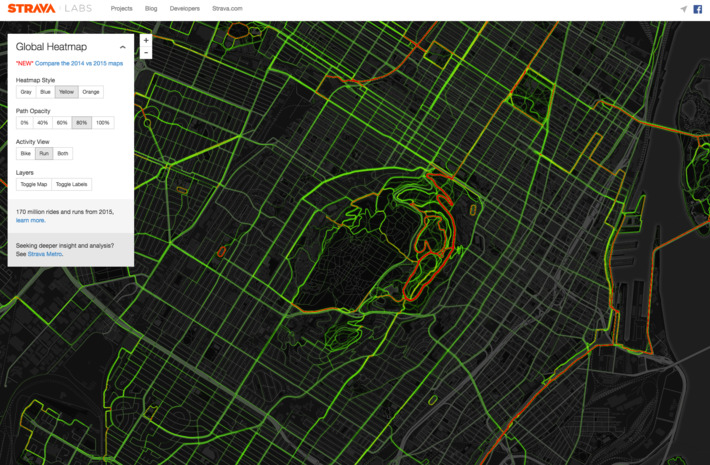

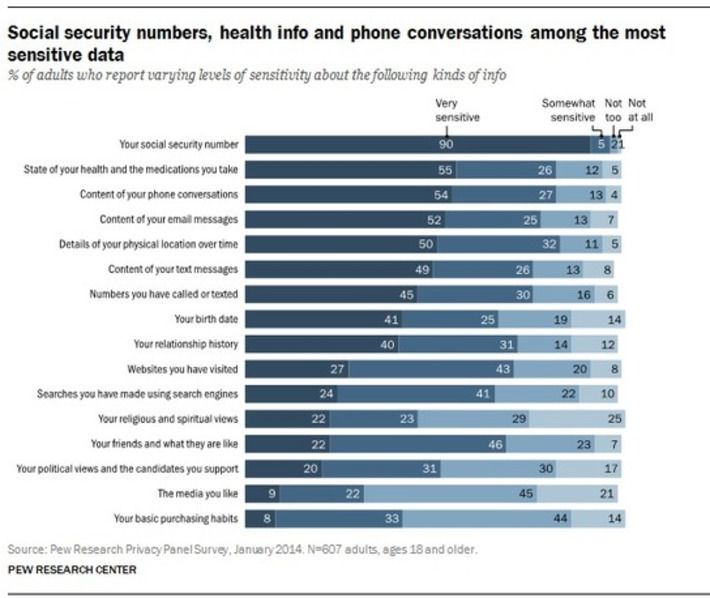
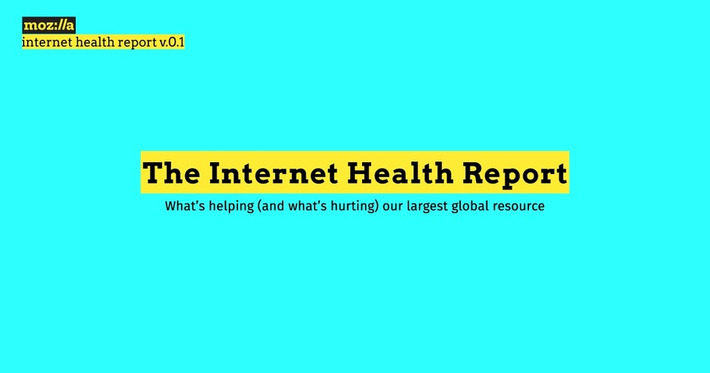
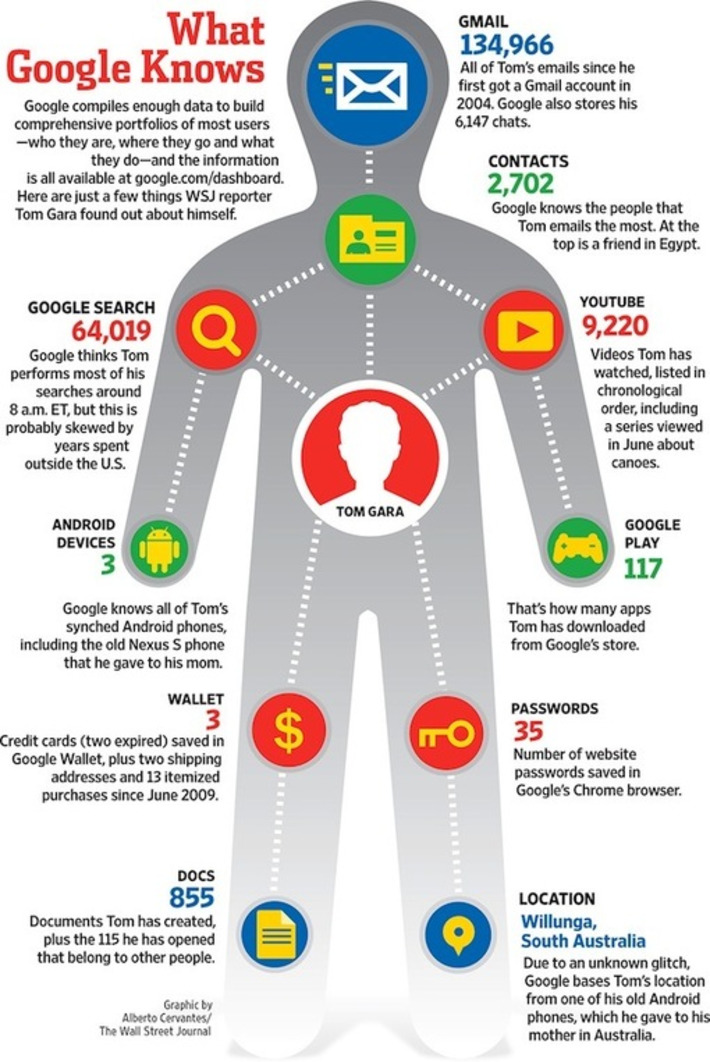
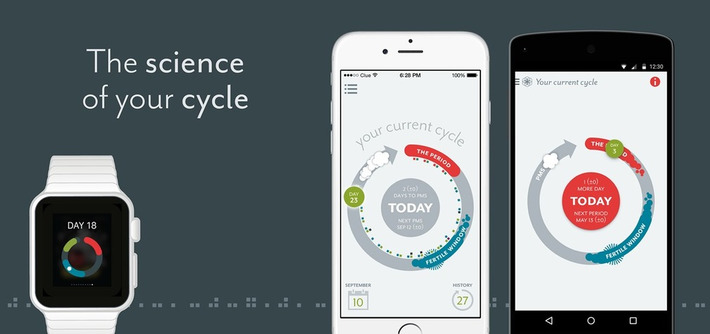
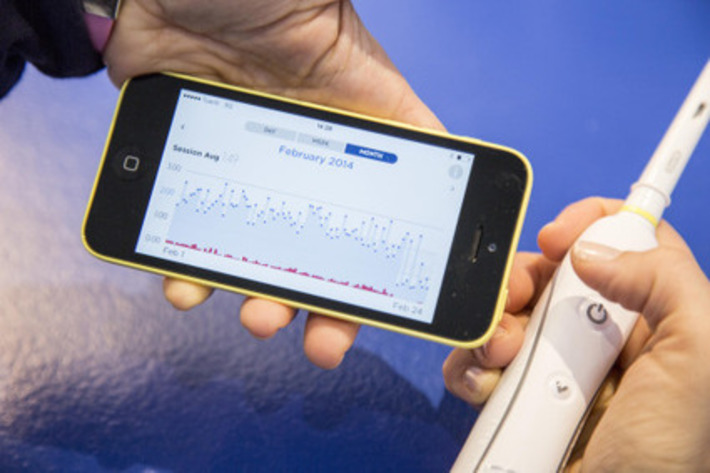

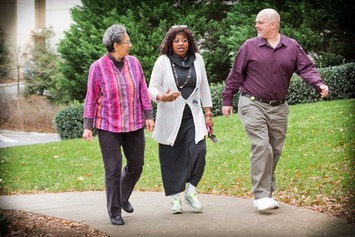
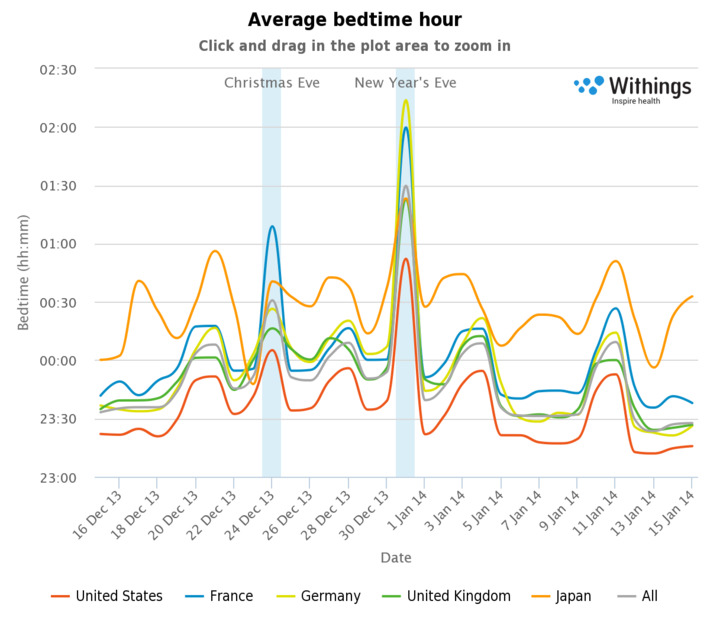








WHY THIS IS IMPORTANT
For everyone concerned about privacy in the digital world, the mega digital record would provide visibility into what is currently a completely opaque process. But far more reaching is the possibility to extend this audit trail to all our personal data.